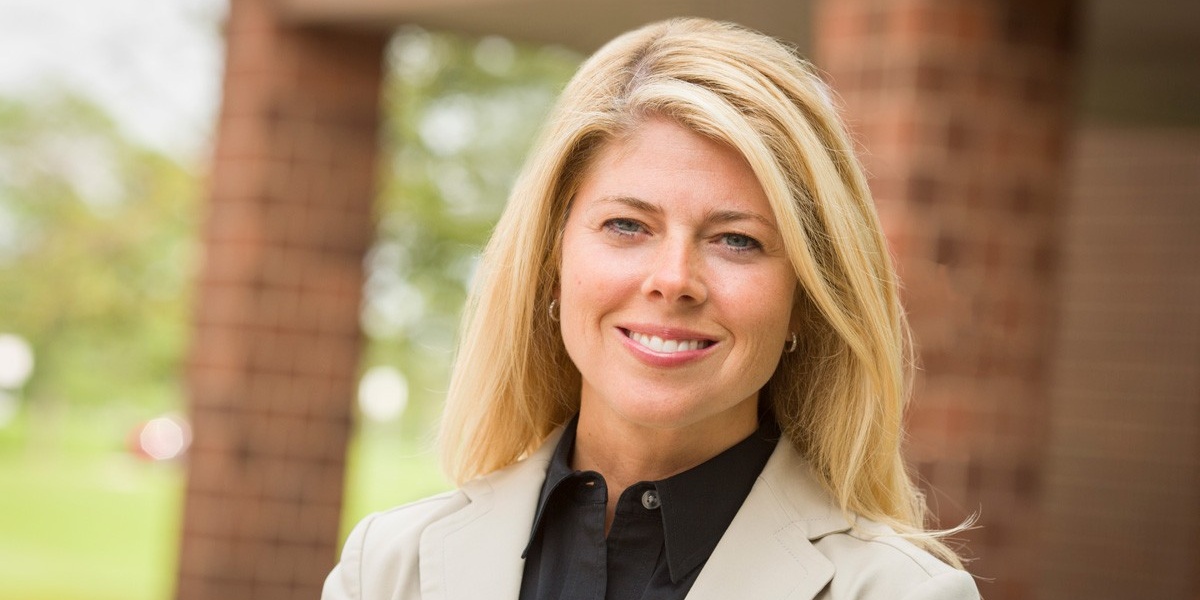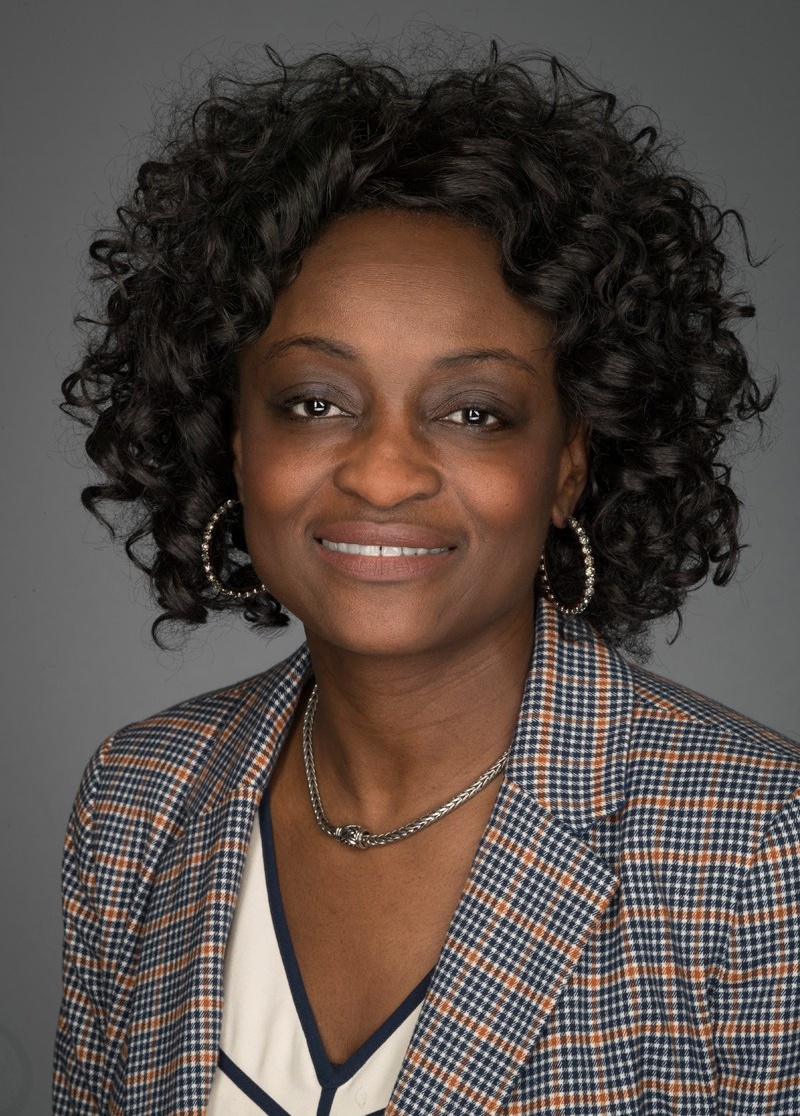Q&A: Gwen Appelbaum
Career Resource Center director discusses leadership and sustainability

Gwen Appelbaum, assistant dean and director of the Career Resource Center
During a course on community leadership, School of Management students spent the fall semester building social capital, networking with community stakeholders, and reflecting on and expanding their leadership capabilities. The "Impact Seminar," an experiential learning course geared toward senior-level undergraduates, focused on sustainability, economic development and social justice.
The course was co-taught by Gwen Appelbaum, assistant dean and director of the Career Resource Center, and Dorothy Siaw-Asamoah, clinical assistant professor of organization and human resources. Here, Appelbaum talks with UB's Sustainability Office about the course, the students' projects and living green at UB.
What sustainability-related projects are you pursuing at UB?

Dorothy Siaw-Asamoah
This semester, Dorothy Siaw-Asamoah and I taught an "Impact Seminar" on community leadership for the UB School of Management. One of our themes was sustainability, and we had a student team project that centered around addressing key issues facing the Western New York community’s sustainability efforts. The project culminated in a presentation for community guests, spanning local nonprofits and sustainability-focused engineering organizations, as well as the UB RENEW Institute.
Our goal was to expand students’ perspectives on the problems facing our community — both within UB and across the region — to better understand how to develop innovative solutions. Additionally, we asked students to consider how the focus on sustainability also related to the other themes of the course: economic development and social justice. To me, this was one of the biggest takeaways — an opportunity to understand the many layers of impact societal problems have on the community.
How could UB improve its sustainability efforts?
During the course, our students identified key areas of improvement for UB’s sustainability efforts, including waste disposal methods, recycling accessibility and motivating the community to be sustainability-minded. Motivational issues are probably the hardest to address; incentivizing individuals to change consumption and behavior patterns is challenging universally, but our UB community is a great place to start.
UB’s Sustainability Office is doing wonderful work, and I look forward to seeing more project teams adding to their efforts across disciplines. Whether it's in engineering, sciences, management, the arts and beyond, we all have opportunities to explore social innovation for the benefit of sustainability.
What is the one thing you do in your personal life to further sustainability?
I wish I could say I am a role model for sustainability, but like most people, I am doing the best I can to learn to be respectful of my environment and of those who are living in it now and for many generations to come. Personally, I try to live my life with the belief that one person does make a difference. So even when our students report on daunting waste levels, I try not to let it deter me from being vigilant at home about recycling.
Regarding sustainability, what do you believe is the most pressing issue in our world today?
Simply put, we need leadership. Of course, that’s an answer you would expect from a School of Management staff member, but meaningful progress regarding sustainability can only be made with global vision, strategy and commitment — from both the public and private sectors.
This Q&A originally ran in UB's Sustainability Now newsletter.